About the Department
The Department of Biomedical Engineering was established in the year 2017 with an intake of 60 students. It offers Bachelor programs in Biomedical Engineering. The department has eminent faculties with precise knowledge in the area of biomedical engineering. The Department also aims to expand its interest towards biomedical research in collaboration with other departments to meet the requirements of the health care industry. Biomedical engineering is a diversified area that integrates the knowledge of engineering and medicine, intended to support clinicians with knowledge-based, timely, and high-quality service in a professional and responsible manner in order to improve patient care in all aspects of technology. Biomedical engineering has wide space for research in inventing new biomedical equipment for diagnosing various diseases and trauma. Also, it expands its vision to devices for therapeutics and biomaterials.
About the Program
Biomedical engineering is a diversified area that integrates the knowledge of engineering and medicine, intended to support clinicians with knowledge-based, timely, and high-quality service professionally and responsibly to improve patient care in all aspects of technology. Biomedical engineering has wide space for research in inventing new biomedical equipment for the diagnosis/therapeutic of various diseases and trauma. The learners are taught in many allied disciplines such as
- Biomedical instrumentation: This uses electrical, electronics, computer science, and measurement principles to develop equipment for providing a solution to clinical problems in the areas of diagnosis and therapeutics.
- Biomaterials and Artificial organs: Uses chemical and physical properties of materials to develop biocompatible implants and artificial organs to replace the function of diseased organs of the body.
- Biomechanics: Applies mechanical principles such as rigid, deformable, and fluid mechanics to the human body for analyzing the impacts of forces and moments.
- Rehabilitation engineering: is the study of engineering and mechanics to provide assist devices for who recovers from trauma and cognitive impairments.
- Biosignal Processing: Uses mathematics, electronics and computer science principles to process on various biosignals and extract useful information about the functionality of human physiology.
- Medical image Processing: Uses computer science algorithms in software tools, such as MATLAB, to process on medical images to extract useful information and for diagnosis of abnormal tissues.
- Radiological Equipments: Uses key principles of physics to scan and image the human body using ionizing and non-ionizing radiations.
- Medical Photonics: Uses the optical properties of light for medical imaging and surgery.
- Neural Networks: Uses artificial intelligence for medical robotics and automation.

Placement Data

Centre of Excellence
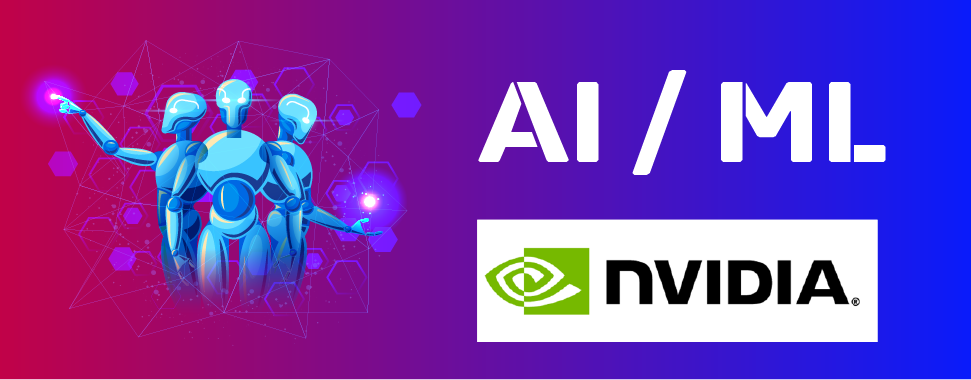
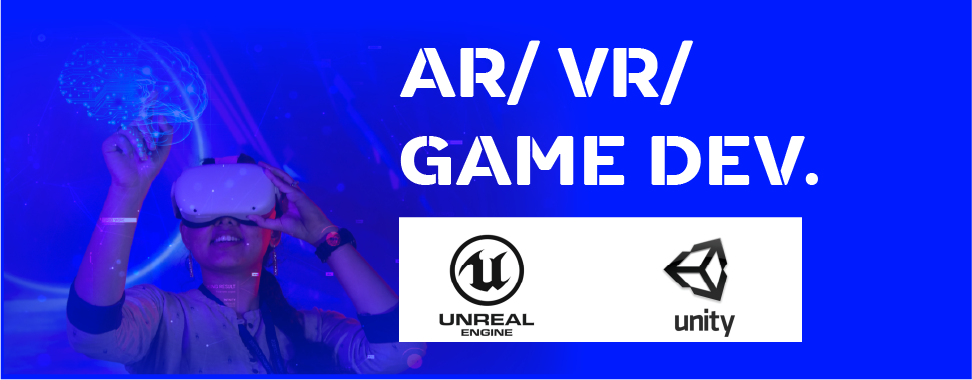
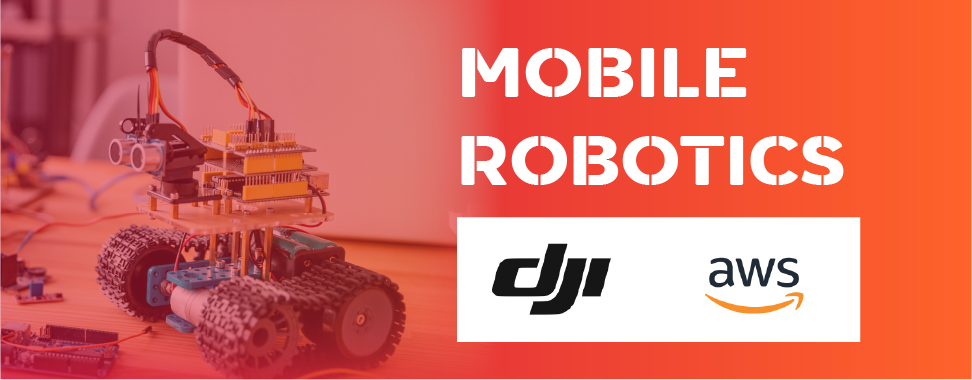


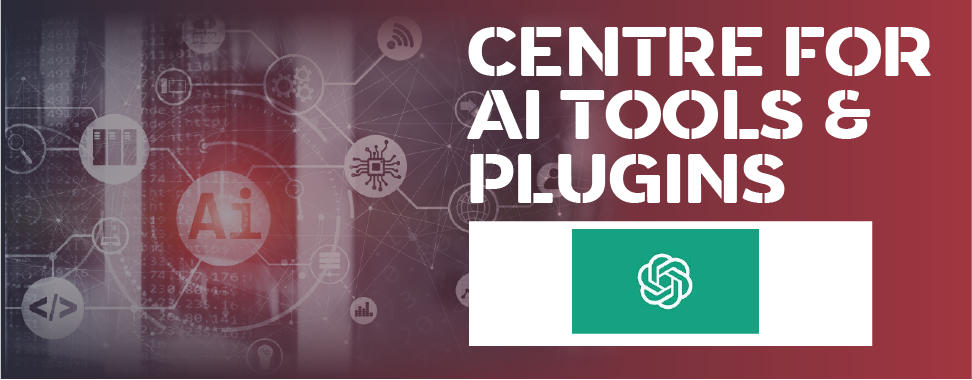
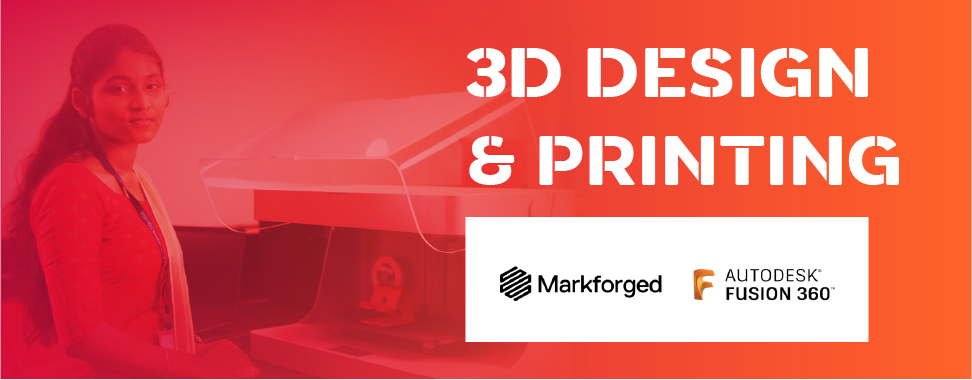

VISION
To develop an atmosphere that supports students of Saveetha Engineering College in realizing their full potential, thereby making Saveetha Engineering College a successful institution and a more wholesome place to learn and get trained to face the corporate world.
MISSION
- The purpose of the Training Department is to address professional, career, and holistic development
of student and staff community of Saveetha Engineering College.
PROGRAMME EDUCATIONAL OBJECTIVES (PEOs)
- To enable graduates to work in integrative teams involving various engineering disciplines to identify, formulate and solve biomedical engineering problems.
- To enable graduates to use their multidisciplinary background to foster communication across professional and disciplinary boundaries with the highest professional and ethical standards
- To enable graduates to recognize the limits of their knowledge and initiate self-directed learning opportunities, to identify and create professional opportunities in the field of biomedical engineering
TRAINING VERTICALS
- Induction – Campus to corporate program
- Soft skills training
- Language and communication
- Problem solving
- Aptitude
Technical
TRAINING METHODOLOGY
- Instructor-led
- Group activities and interactive learning
- Assignments and testing
- Simulated exercises
Evaluation by feedback
